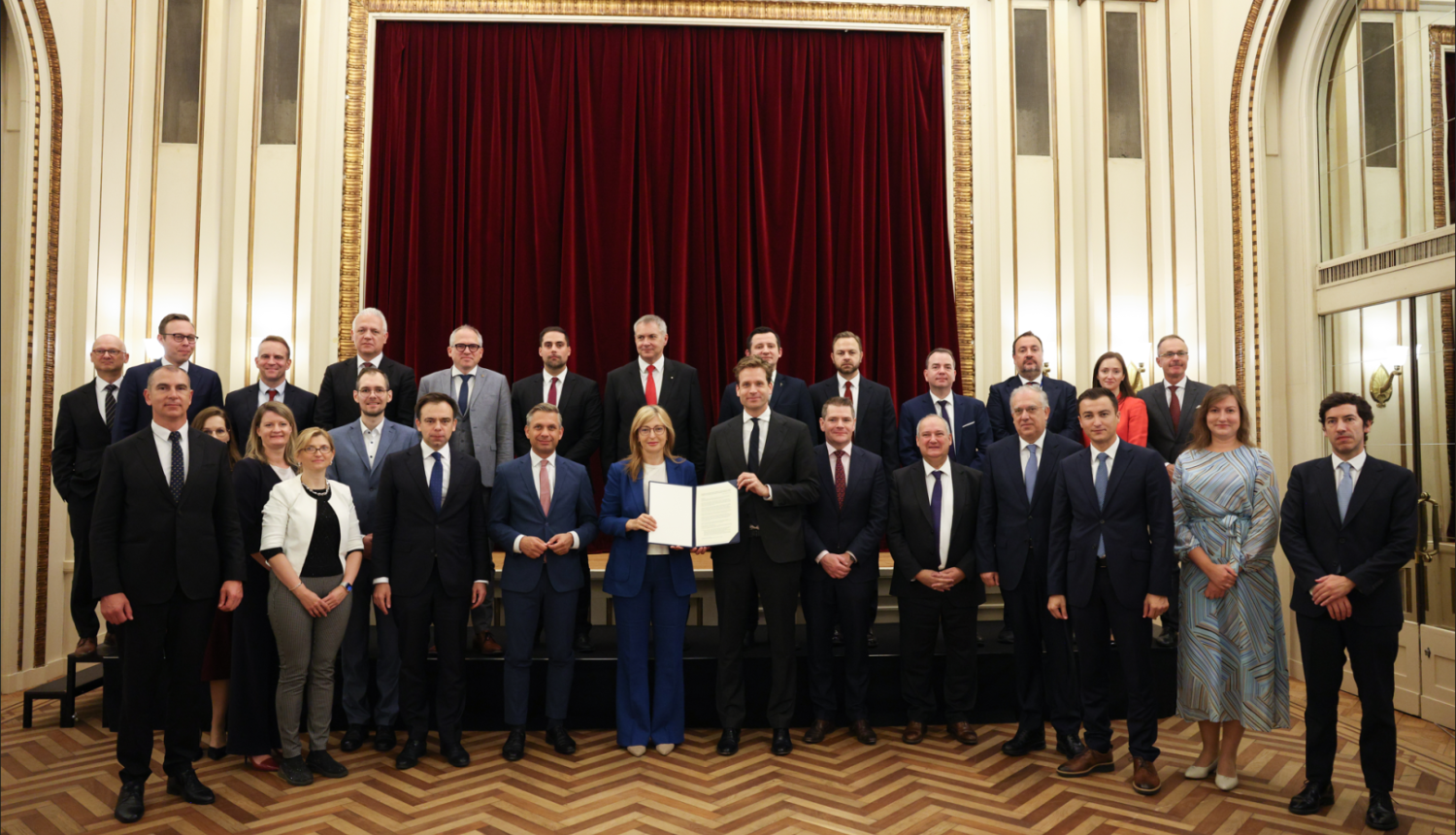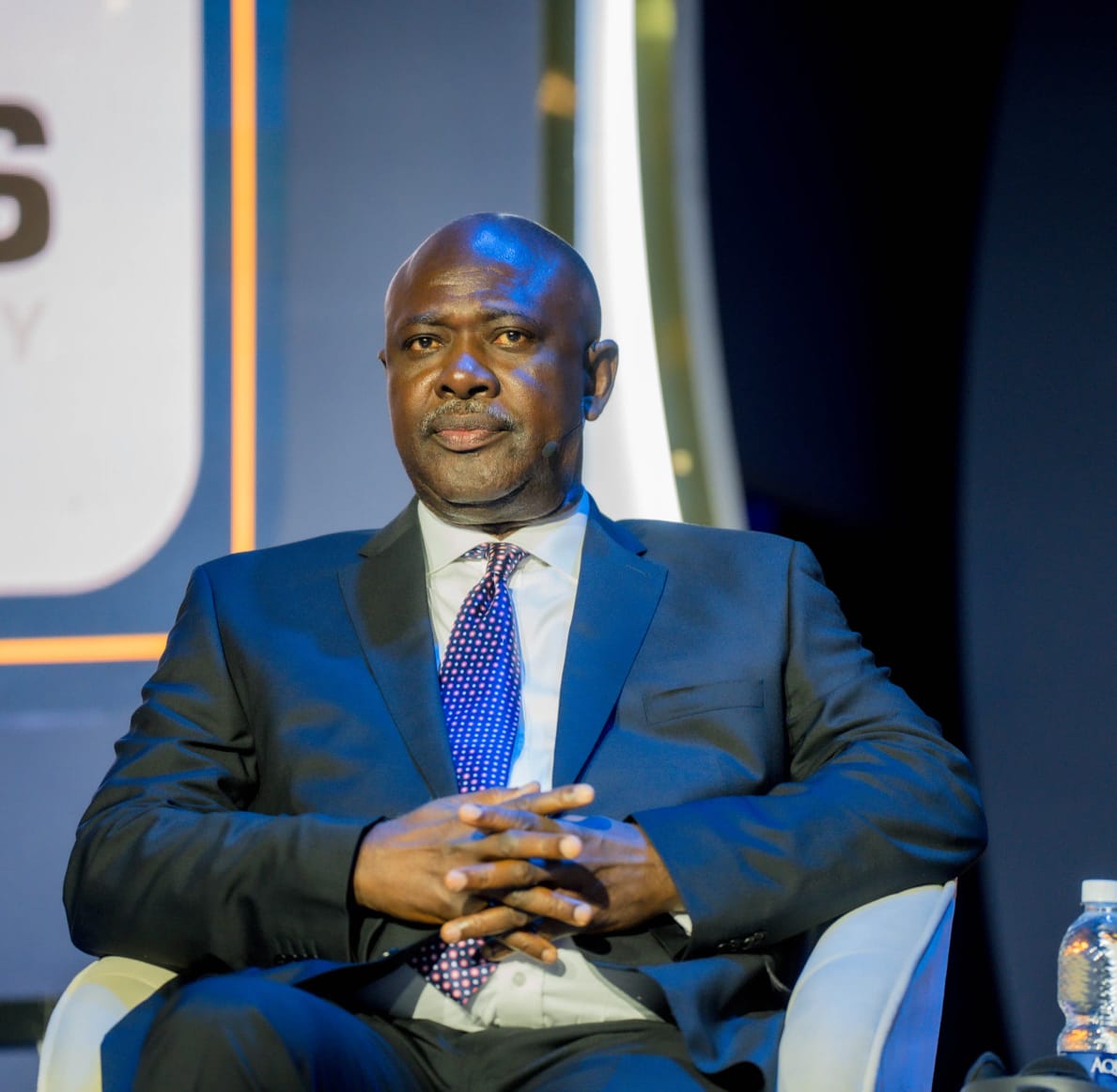
One of the central issues on the agenda was the establishment of
the European Competitiveness Fund (ECF). Latvia expressed overall
support for the initiative as a unified instrument bringing
together up to 14 different EU programs, while stressing the
importance of maintaining the focus areas of existing programs.
The fund is intended to strengthen the EU’s competitiveness in
strategically important industries by supporting projects and
businesses, particularly startups and small and medium-sized
enterprises (SMEs).
“Europe cannot afford to develop at different speeds. The single
market is our greatest asset, and the differences between member
states are our strength, not our weakness. Funding must be used in
a way that turns these differences into a shared advantage and
helps Europe become a leading global economic power,” said
Parliamentary Secretary Miezainis.
The Council also discussed progress in reducing administrative
burdens and advancing the Single Market Strategy, both of which are
expected to significantly contribute to digital transformation and
improving the business environment across the EU.
Latvia agreed to join a declaration calling for a review of the
EU Chips Act. The declaration outlines three strategic
goals—prosperity, sovereignty, and resilience—along with
recommendations in five key policy areas: ecosystem development,
public and private investment, talent growth, sustainability, and
international cooperation.
For Latvia, cooperation in developing microelectronics with
other EU countries is a priority, as the sector is critical both
for technological independence and security. Joining the
declaration also serves as a positive signal to foreign investors
interested in developing business in Latvia’s microchip sector.



